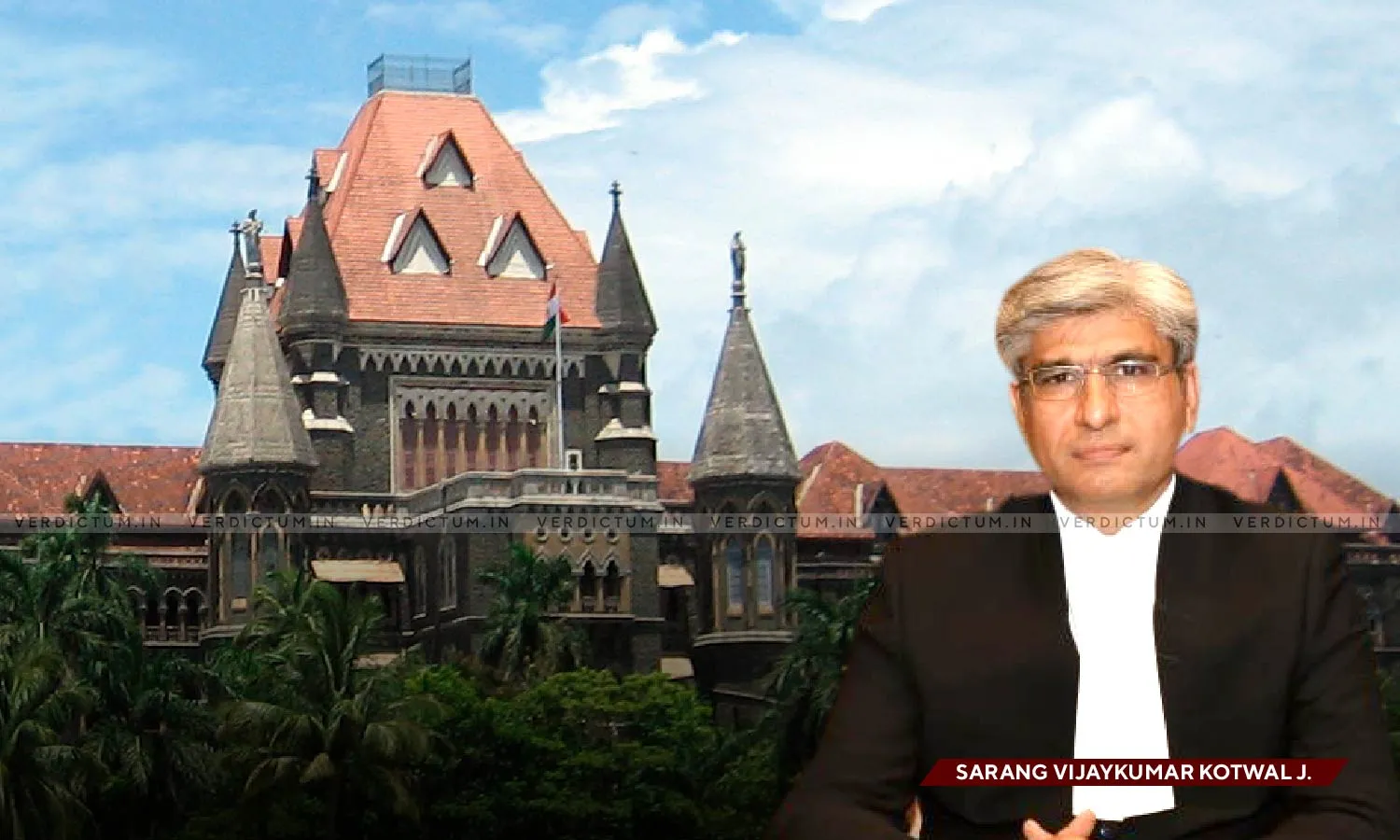Externment Order Suffering From Unreasonable Restriction Without Recording Reasons Or Subjective Satisfaction Is Liable To Be Set Aside: Bombay HC
The Bombay High Court has held that the order of externment suffering from the vice of imposing unreasonable restrictions without recording any reasons or subjective satisfaction is liable to be set aside.
A Single Bench of Justice Sarang V. Kotwal said, “In the entire externment order in the present petition, I do not see any reason or any indication regarding subjective satisfaction of the externing authority mentioning as to why the Petitioner was externed for a maximum period of two years. … The impugned externment order suffers from the vice of imposing unreasonable restrictions without recording any reasons or subjective satisfaction and, therefore, it is liable to be set aside.”
The Bench noted that as per the Apex Court if the order of externment for a maximum permissible period of two years is passed without recording subjective satisfaction regarding such necessity, it will amount to imposing unreasonable restrictions on the fundamental right guaranteed under clause (d) of Article 19(1) of the Constitution of India.
Advocate Rashi Sheth with Advocate Rahul S. Kadam appeared for the petitioner while APP A.R. Patil appeared for the State.
In this case, the petitioner had challenged the order passed by the Deputy Commissioner of Police thereby externing him from the limits of the Pimpri Chinchwad Police Commissionerate, Pune City Police Commissionerate, and Pune Rural for a period of two years. The petitioner was served with a notice in 2021 under Section 59 of the Maharashtra Police Act asking him to show cause as to why he should not be externed out of the aforesaid area.
The show-cause notice mentioned six registered offences from the year 2009 up to 2021 registered at the police station and a case was registered with Ranjangaon police station that had resulted in his acquittal. The petitioner was heard by the Enquiry officer and considering the material produced before him, the Externing authority i.e., the Deputy Commissioner of Police passed an externment order as a result of which the petitioner preferred an appeal under Section 60 of the Maharashtra Police Act which was also dismissed.
The High Court after hearing the contentions of the counsel said, “It is clearly observed by the Hon’ble Supreme Court that, when the competent authority passes an order of externment for a maximum period of two years, the order must disclose application of mind by the competent authority and the order must record its subjective satisfaction about the necessity of passing the order of externment for a maximum period of two years which is based on the material on record.”
Accordingly, the Court allowed the plea and set aside the externment order.
Cause Title- Ajay Ram Thorat v. State of Maharashtra & Ors. (Neutral Citation: 2023:BHC-AS:14966)




